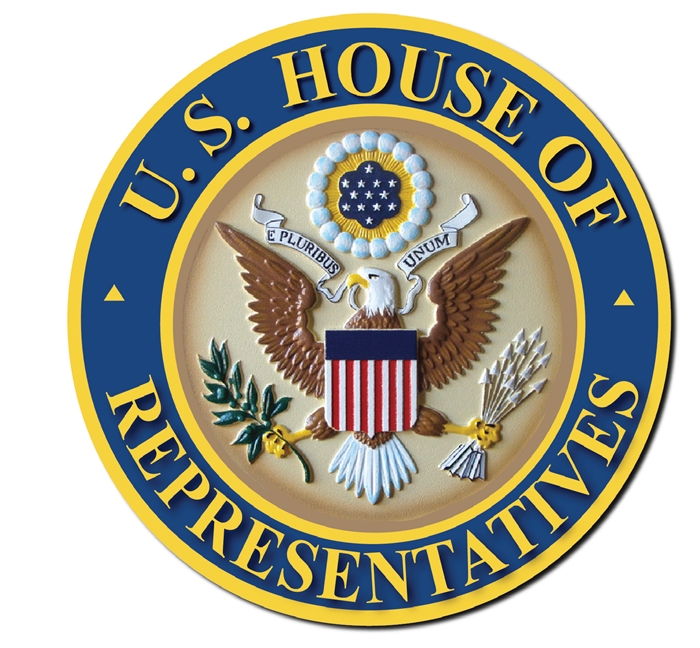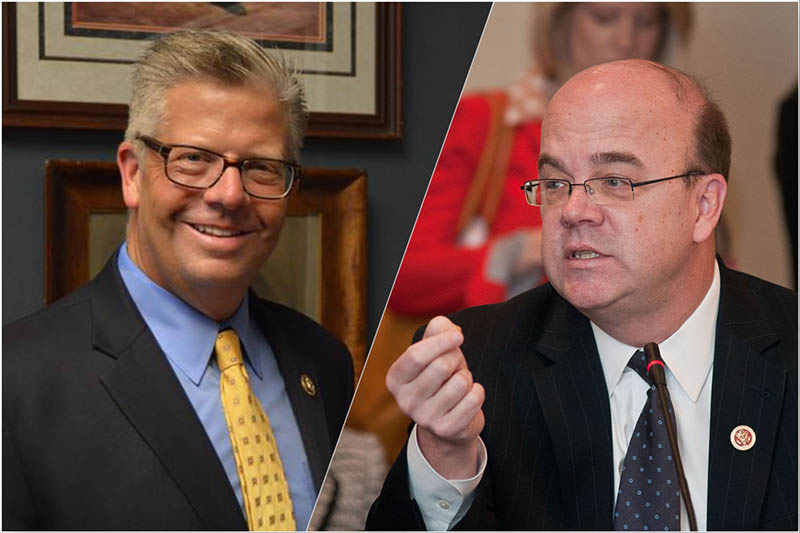 The Reciprocal Access to Tibet Act – a bill which seeks to ensure that Americans are given the same access to Tibet that Chinese citizens have to the United States was unanimously approved in the House of Judiciary Committee on July 25. The committee members, one by one spoke in favour of the bill.
The Reciprocal Access to Tibet Act – a bill which seeks to ensure that Americans are given the same access to Tibet that Chinese citizens have to the United States was unanimously approved in the House of Judiciary Committee on July 25. The committee members, one by one spoke in favour of the bill.
The bill is seeking unhindered access to Tibet areas by US officials, journalists and common citizens which are routinely denied by Chinese government, now moves to the House of Representatives.
“Moving this bill is the right thing to do,” Congressman Bob Goodlatte, chairman of the House Judiciary committee said. “It is time that Congress take a stand with regard to access by foreign nationals to the Tibetan regions,” he added.
He also quoted the International Campaign for Tibet (ICT)’s latest report Access Denied, China’s Enforced Isolation of Tibet, and the Case of For Reciprocity in which ICT President President Matteo Mec acci said that Chinese government is trying to restrict access to Tibet to a degree that exceeds even North Korea, where at least some foreign media are present.
acci said that Chinese government is trying to restrict access to Tibet to a degree that exceeds even North Korea, where at least some foreign media are present.
ICT is a non-government organisation based in Washington DC which works to promote human rights and democracy in Tibet since 1988.
“Under the Reciprocal Access to Tibet Act, Chinese officials responsible for discriminating against Americans who try to enter Tibet would be banned from entering the United States,” said ICT.
“If Chinese officials, journalists and other citizens are able to travel freely in this country, it’s only fair that their American counterparts are able to do the same,” said US Representative Pramila Jayapal from Washington DC.
US Representative Jerrold Nadler said that passing the bill can help expose human rights violation taking place inside Tibet as restricting access to the Tibet region leaves Tibetans in virtual isolation from the rest of the world, “while also precluding international witnesses to the Chinese government’s continuous violations of the Tibetans’ human rights,” which include arbitrary arrests, torture, heightened surveillance and severe restrictions on religious freedom.
ICT’s press release also said that despite China’s complete denial of access into Tibet, they send growing number of state delegations to western countries and even create Chinese state-controlled media outlets in capitals across the globe, including Washington DC.

Representatives Jim McGovern (right) and Randy Hultgren (left)
“The Reciprocal Access to Tibet Act would help make sure China’s relationship with the US is fair and reciprocal,” Zoe Lofgren, another US Representative.
ICT President Matteo Mecacci said that the passing the bill confirms the strong bipartisan support for the Tibetan people in the US Congress.
The Reciprocal Access to Tibet Act initially introduced by the Representatives Jim McGovern and Randy Hultgren has now more than 50 co-sponsors in the House. The same bill has been introduced in the Senate by Senators Marco Rubio and Tammy Baldwin and has now eight co-sponsors.




 Print
Print Email
Email